78 F. average high on June 13.
76 F. high on June 13, 2014.
.07" rain fell yesterday at MSP International Airport.
June 13, 1991: Lightning struck a tree at the U.S. Open golf tournament in Chaska, MN. One spectator was killed, and 6 people were injured.
June 13, 1968: The 13 mile long path of an F5 tornado took it directly through Tracy, MN. Nine people were killed and 111 homes destroyed. Farms outside of town were swept completely away, two of which had been hit by a tornado 44 years earlier.
June 13, 1930: Tornado hits Northfield area, heavy damage at Randolph. Source: MPX NWS.
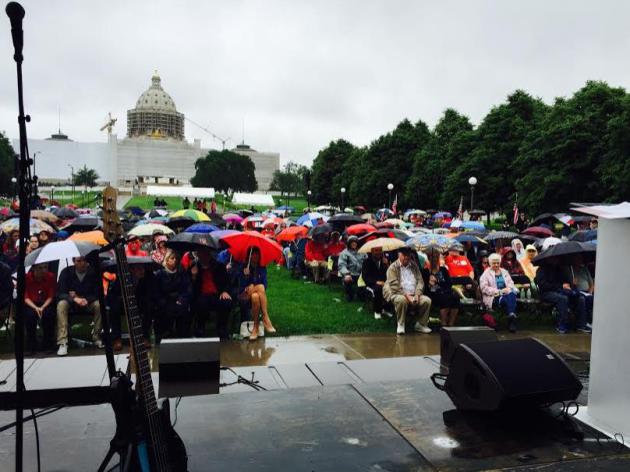
Weather Walk of Shame
If you want to make God laugh tell him your plans. If you want to make it rain - plan an outdoor event in June.
If you want to make God laugh tell him your plans. If you want to make it rain - plan an outdoor event in June.
"Why
can't the forecasts be consistently better Paul?" I was wondering the
same thing yesterday, as a cold rain fell on dignitaries and spectators
gathered to honor Minnesota's military families at the State Capitol.
A few days ago it looked dry. Friday
we put showers in the forecast for the east metro, but this was a hard,
steady rain. So I did what any self-respecting meteorologist would do.
"Hi, my name is Mike Lynch. I am SO SORRY about the blown forecast..."
As
technology gets better and faster, as we spin up more weather models,
satellites and Dopplers you would expect the forecasts to improve. The
2-7 day forecast accuracy is less-horrible but the 24-hour batting
average is stuck at 88 percent, where it's been for the better part of
30 years. There will be days when we shake our heads and say "how did
THAT happen?"
(One
other factor I didn't mention in the print edition due to a lack of
space: weather patterns are evolving, shifting, seemingly mutating. It's
still early, but there is a growing body of evidence linking rapid
warming in the Arctic with changes in the shape and speed of jet stream
winds. This, in turn, is creating a higher amplitude flow (more deep
troughs and bloated ridges) which can slow down systems, causing weather
to stall, increasing the potential for extreme heat, drought and
flooding. We may be tracking fewer storms overall, but when it does rain
it's falling much harder. That's not a climate model, that's
observations. Perhaps the physics used in the weather models isn't
adquately picking up on all of these changes. That's pure speculation on
my part, but something has changed and there are days when the models
are useless - pure junk. Is climate change making it harder to predict
day to day weather? At this point I wouldn't rule anything out. Then
again weather is chaotic, it always has been. There is a limit to how
accurate the forecasts will ever get, unless we reinvest in radically
more powerful/flexible models (borrowing a page from how ECMWF
initializes their model runs on the fly) and new ways to initialize
models with better data, worldwide. No small task.)
The sun stays out today with low 80s; a much better June specimen. Our soggy pattern hangs on; with a round of T-storms Wednesday, again Friday.
Meanwhile a tropical system in the Gulf may drop another 5-10 inches of rain on flood-ravaged Texas by Wednesday. Amazing. Updates on the weather blog.
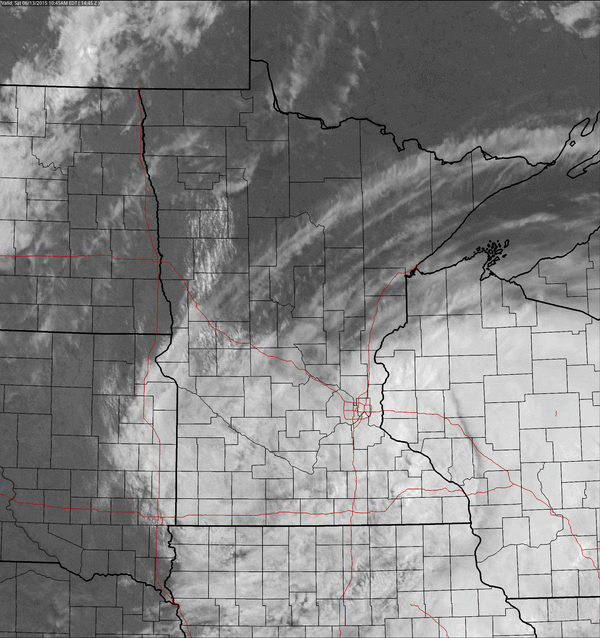
Soggy Swirl.
Saturday's 1 km visible loop (late afternoon) shows the cyclonic swirl
that created just enough upward motion for a period of rain over far
eastern Minnesota and Wisconsin, brushing the metro with a few hours of
rain and drizzle during the morning hours. Skies brightened during hte
afternoon, while the northern half of Minnesota enjoyed a beautiful
Saturday. Loop: NOAA and AerisWeather.
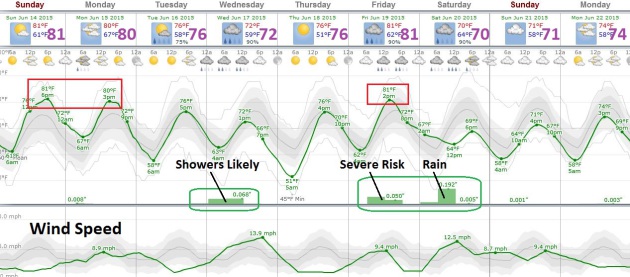
Still More Spring Than Summer.
I keep waiting for the core of the jet stream to lift north into Canada
(for more than a day) with a subsequent streak of 80s and 90s. Looks
like we'll have to wait a little longer for sustained heat, which is
probably OK with most Minnesotans. The sun lures the mercury into the
80s today; expect a drop in humidity Monday and Tuesday. The best chance
of showers comes Wednesday, again late in the week. I could see a
severe storm outbreak on Friday, followed by considerably cooler weather
next weekend.
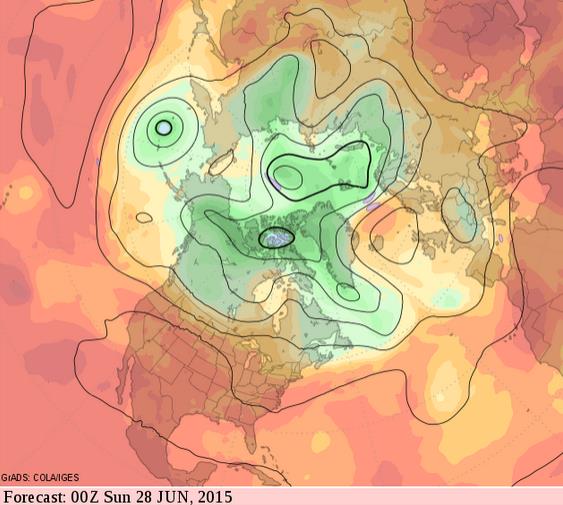
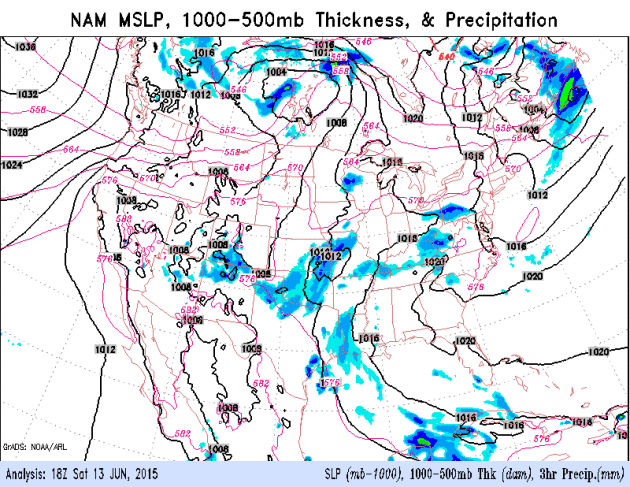
Tropical Trouble.
A weak cool frontal passage sparks a few T-showers later today
(northern and central Minnesota) and tonight (metro), followed by a dip
in dew point Monday and Tuesday. The feature in the Gulf of Mexico looks
real, and although the disturbance over Mexico's Yucatan Peninsula may
not strengthen into a tropical storm or depression rainfall amounts may
be excessive from Houston to Oklahoma City to St. Louis later in the
week, with more flooding a very real risk. Considering soil is saturated
from recent (biblical) rains it won't take much additional rain for
rivers to flood. NAM guidance: NOAA.
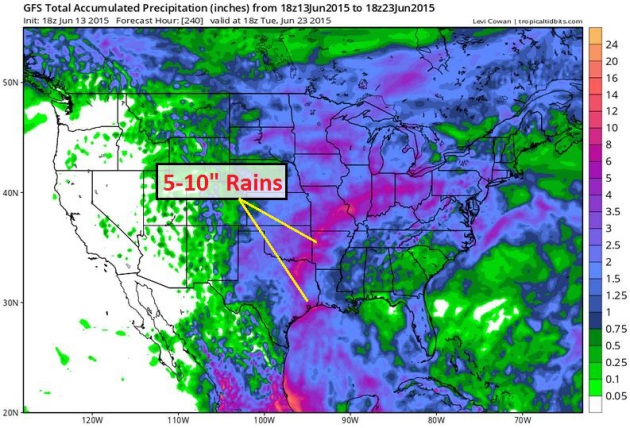
A New Flash Flood Risk.
A plume of moisture from the tropics, what may consolidate into a weak
tropical depression, is forecast to reach coastal Texas by Tuesday and
then push into Oklahoma and much of the Corn Belt later in the week,
creating some excessive rainfall amounts as high as 5-10". The map above
shows GFS-predicted 10-day rainfall, courtesy of Tropical Tidbits.
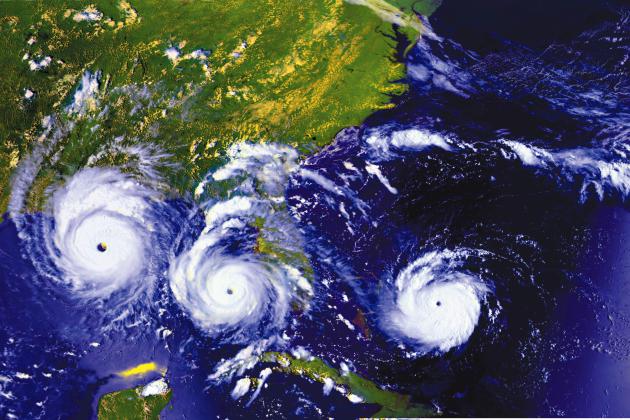
Blown Away: Wind Tunnel Highlights Hurricane Dangers. A story at USA TODAY
about recreating the effects of hurricane winds has a good reminder:
1992 was an El Nino year, but it produced Category 5 Hurricane Andrew,
which ravaged south Florida. All it takes is one. Here's an excerpt: "...However,
if we look back to 1992, that was the hurricane season of Hurricane
Andrew, and that was also another El Niño year," he said. "All it takes
is one hurricane to come ashore and do devastation."
Another catastrophic storm was Hurricane Katrina, which will mark its
10th anniversary this year. That massive system killed more than 1,800
people and caused more than $100 billion in damage..." (1992 Hurricane Time Lapse: NOAA).
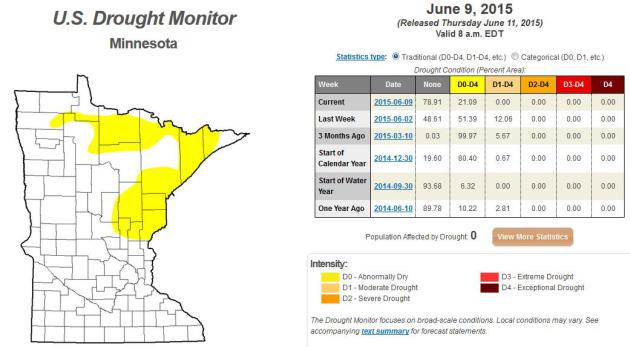

99°F at Madison
98F at Browns Valley
97°F at Marshall
96°F at Minnesota City Dam
96°F at La Crosse, WI
95°F at Sioux Falls, SD (tied record)
93°F at Rochester (tied record)..."
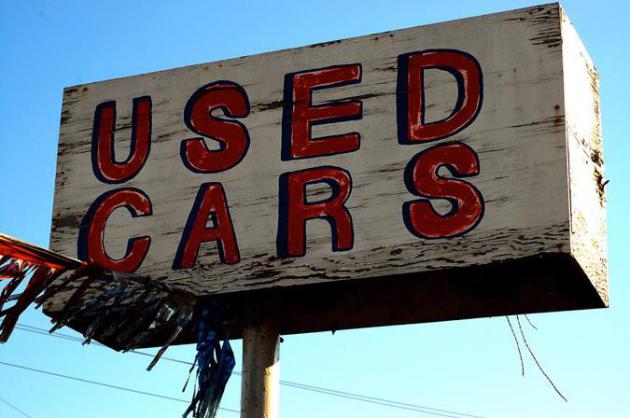
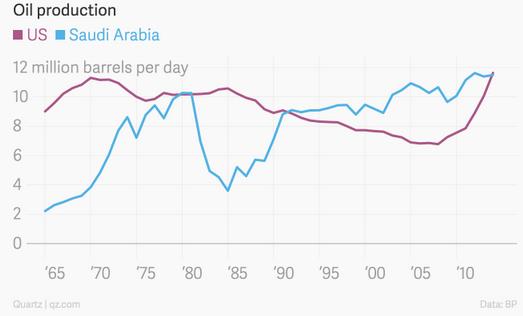

TODAY: Warm sun, few T-storms up north. Winds: SE 8. High: 82
SUNDAY NIGHT: More clouds, a passing shower or T-storm. Low: 65
MONDAY: Wet start, then slow clearing. High: 79
TUESDAY: Comfortable sunshine, less humid. Dew point: 50. Wake-up: 58. High: 76
WEDNESDAY: Showers and T-storms likely. Wake-up: 59. High: 73
THURSDAY: Ration of sunshine, hurry outside! Bright and sunny. Wake-up: 58. High: 78
FRIDAY: More T-storms, some strong? Wake-up: 63. High: 82
SATURDAY: Stalled front, more heavy T-storms. Wake-up: 67. High: 77
Climate Stories...

Pope Francis To Explore Climate's Effect on World's Poor. The New York Times reports; here's an excerpt: "...By
wading into the environment debate, Francis is seeking to redefine a
secular topic, one usually framed by scientific data, using theology and
faith. And based on Francis’ prior comments, and those of influential
cardinals, the encyclical is also likely to include an economic critique
of how global capitalism, while helping lift millions out of poverty,
has also exploited nature and created vast inequities. “We clearly need a
fundamental change of course, to protect the earth and its people —
which in turn will allow us to dignify humanity,” Cardinal Peter Turkson
of Ghana, who oversaw the drafting of the encyclical, said at a conference on climate change this spring at the Vatican..."
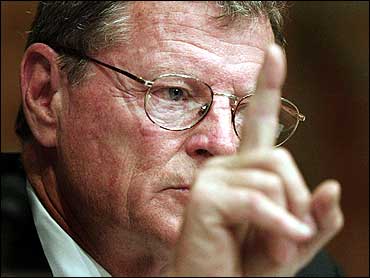


Photo credit above: "Pope Francis" talks with Poland's Prime Minister Ewa Kopacz during a private audience at the Vatican, Friday, June 12, 2015." (Gabriel Bouys/Pool Photo via AP).
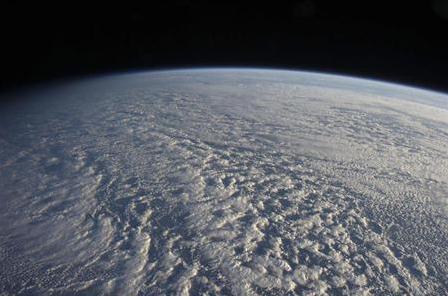
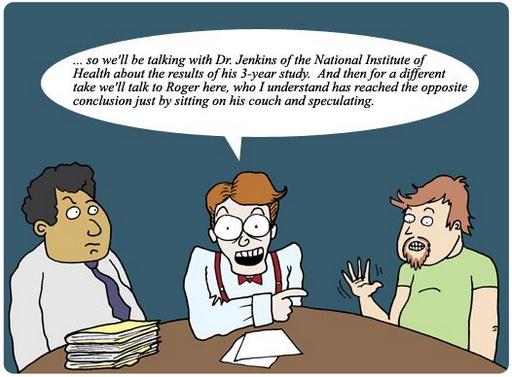
Fossil Fuel Divestment Movement Harnesses The Power of Shame. The impact on the markets may be small, but at some point perception becomes reality. Here's a snippet from a New York Times article: "...But
that does not mean divestment campaigns have no consequences. What they
do best is good old-fashioned public shaming. The Oxford researchers
found that the negative publicity can create reputational headaches. “It
becomes much harder for stigmatized businesses to recruit good people,
to influence policy and, occasionally, to raise capital,” Mr. Caldecott
said. Divestment campaigns also give activists a focused — and easy to
understand — object for their outrage..."
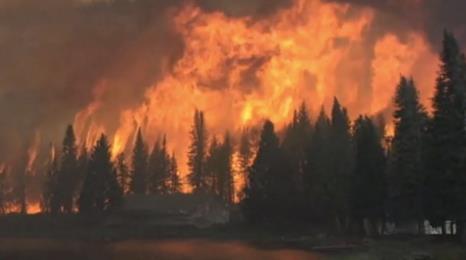

Photo credit above: Jon Aars/Norwegian Polar Institute.
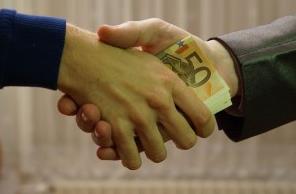
No comments:
Post a Comment